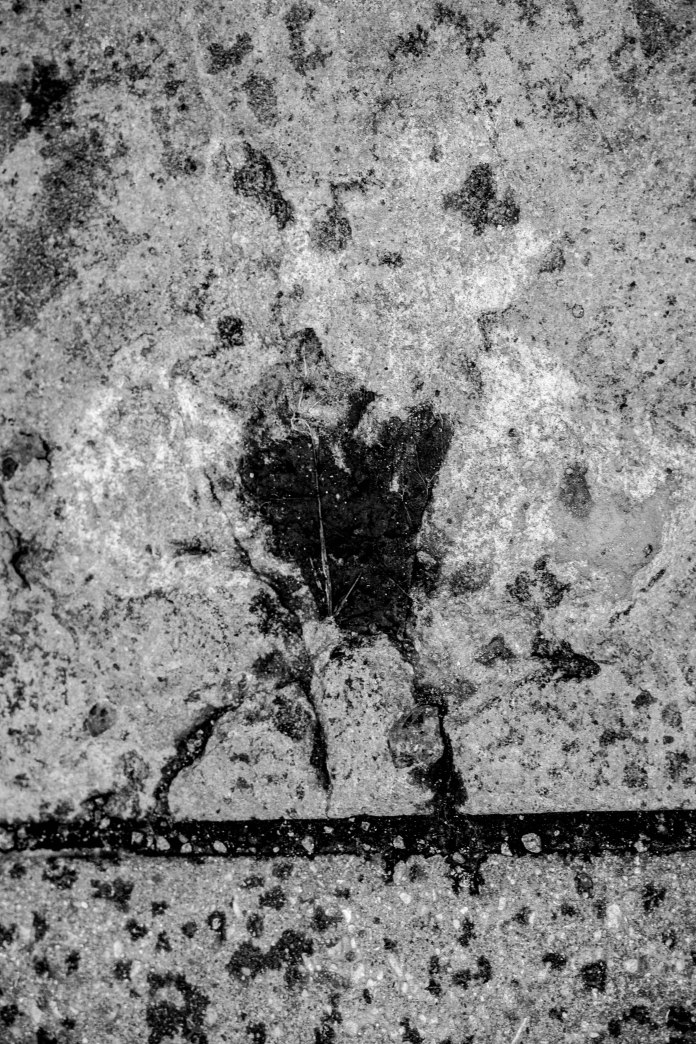 Image by Christine Renney
Image by Christine Renney
I have money now, just a few coins, and gripping them tightly, I delve deep into the lining of my coat as I walk. I work a coin between my thumb and forefinger. I take them out and move them from hand to hand. I thrust the coins deep into the pocket of my jeans only to take them out again and again. I can’t stop doing this, looking at them, checking.
I drop one of the coins and it rolls out into the road. I run after it, suddenly worried that someone will take it. I stamp down on it with my boot and, crouching down at the kerbside, I quickly snatch it back. I have wandered away from the centre and there is no-one around.
Rising I place the coin with the others in my pocket. I have an odd feeling inside. It is something like purpose and yet I haven’t any idea what it is I intend to do.
I reach a parade of shops and, stopping in front of the plate glass windows of the off-licence, I peer in at the bottles, at the wine and the spirits. I don’t have enough but then I see cans of lager in the cooler at the back of the shop.
Although I am still unsure that this is what I want or what I need, I am already pushing through the doors and I know how it works; I spend what I have and then I get more.
Can alcohol still take hold? Get inside and make its demands? Or am I too full of holes and will it seep through the scars?
I have separated the can from its companions, freed it from the plastic ring and set it down in front of where I am sitting. Leaning back I stretch my legs out across the pavement and I can’t reach the can between my feet.
The others, the passers by, are forced to step over me and many of them glare angrily and I am glad of it. I don’t want some good Samaritan crouching down beside me. But if I sit here for long enough and drink myself into a stupor I know, of course, that this will happen.
What I want is for one of them to knock the can over and I don’t care if it is intentional or not, as long as I can watch the lager pool onto the pavement, the damp patch spreading between my legs and soaking into my trousers.
But despite their impatience and the scowls, the passers by are graceful, balletic even, and they don’t touch me and they don’t knock the can.
If I were to draw in my legs and reach out, snatch the can and drink from it would I feel it? Can I still know it? Can a ghost carry that conflict and walk with it?

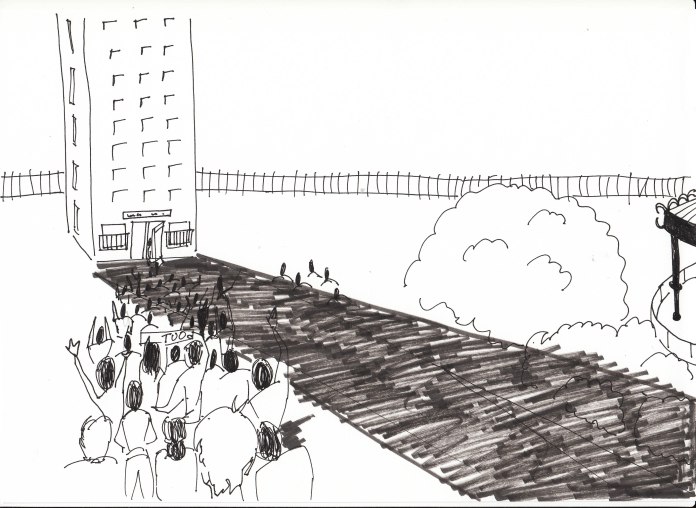 Illustration by Christine Renney
Illustration by Christine Renney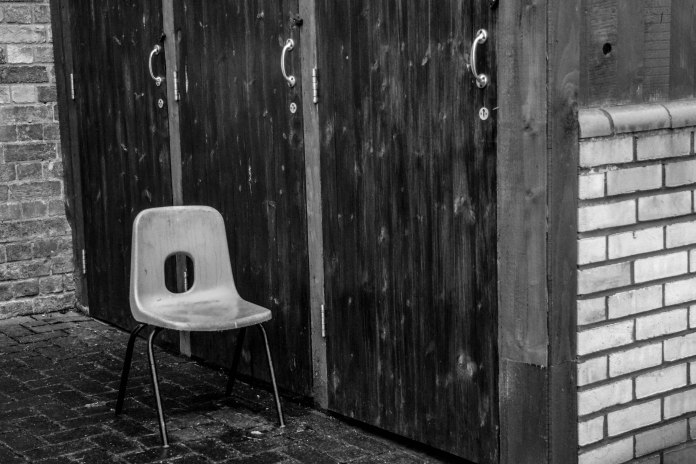 Image by Christine Renney
Image by Christine Renney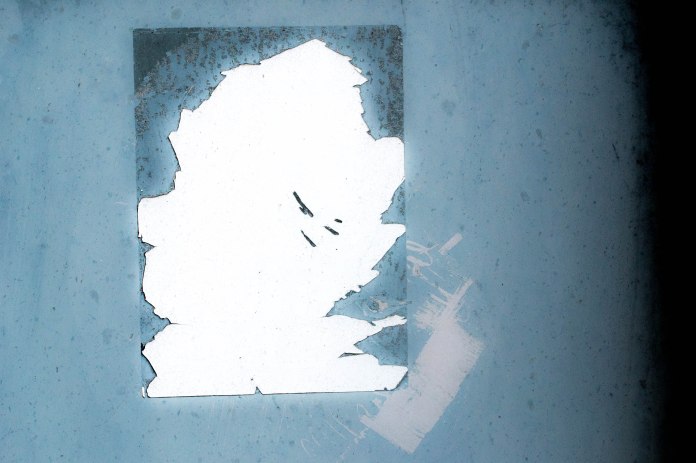 Image by Christine Renney
Image by Christine Renney Image by Christine Renney
Image by Christine Renney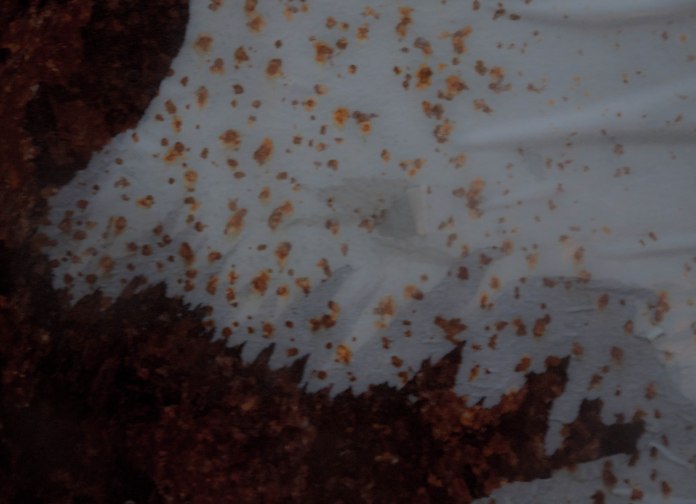 Image by Christine Renney
Image by Christine Renney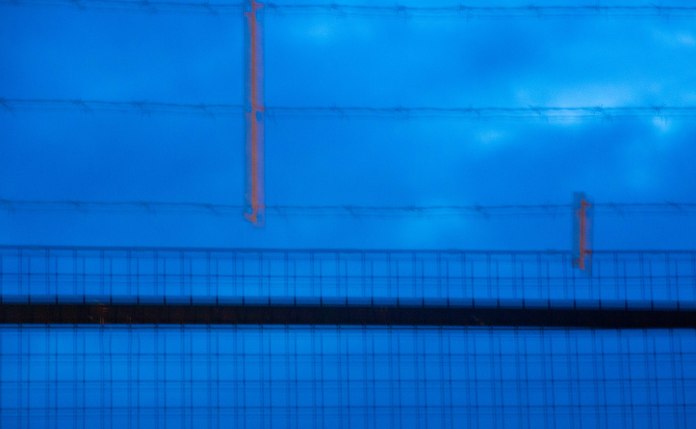 Image by Christine Renney
Image by Christine Renney